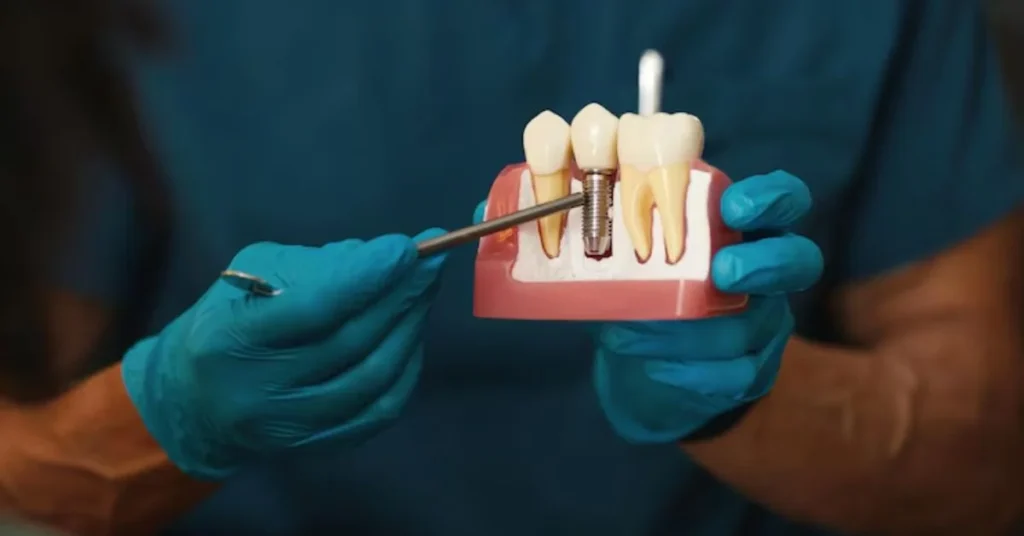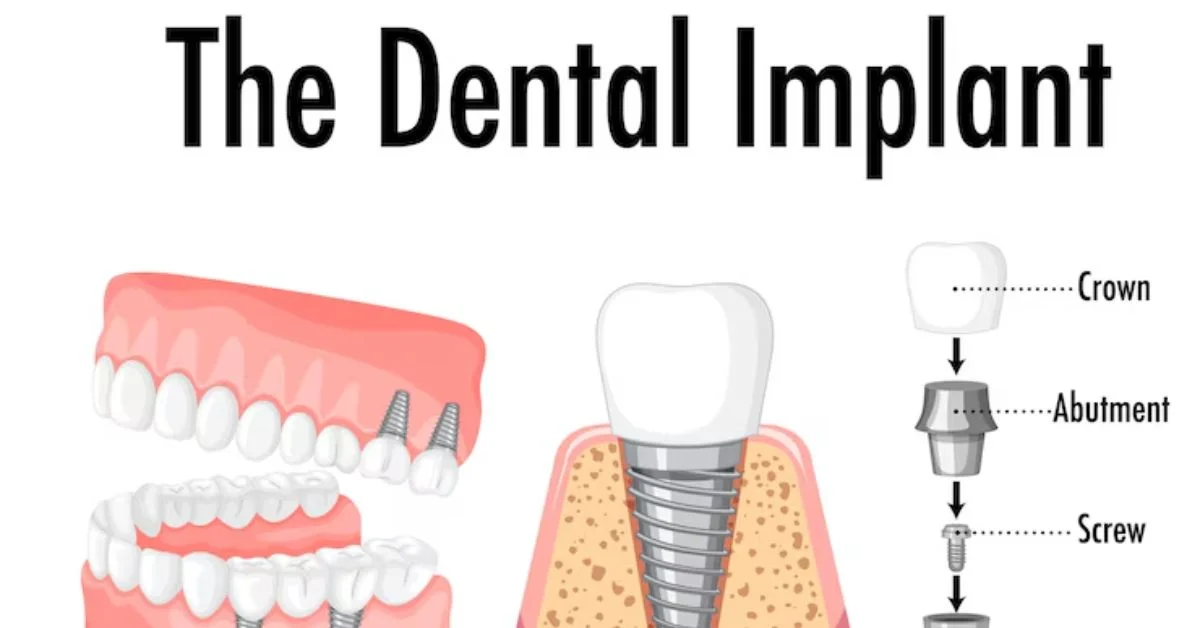Tooth loss doesn’t just affect your smile—it has far-reaching consequences that can impact your overall health, self-confidence, and day-to-day quality of life. From difficulty chewing your favorite foods to feeling self-conscious in social situations, missing teeth can take a serious toll, both physically and emotionally. If you’re starting to question whether dental implants are the right solution, understanding the warning signs is crucial. Early recognition can help you take timely action to preserve your oral health and prevent further complications.
In this article, we’ll dive deep into the 8 key signs that you need dental implants, explore what they mean for your well-being, and explain how this modern dental solution can help you regain not only a functional bite but also a confident, lasting smile. When teeth fall out, it may have a major influence on more than just your smile. It can also affect your general well-being, sense of self-worth, and the way you live your life.
Losing a tooth may have a profound effect on a person’s mental and physical health, causing them to feel awkward in social settings and making it hard to eat their favourite meals. It is critical to be aware of the red flags if you are beginning to doubt if dental implants are the best option. The sooner you notice a problem, the sooner you may take steps to protect your dental health and stop it from getting worse.
1. Missing One or More Teeth
One of the most obvious signs is the absence of teeth. Whether you’ve lost teeth due to injury, decay, or gum disease, dental implants offer a permanent and natural-looking solution.
Why it matters:
Missing teeth cause surrounding teeth to shift and can lead to bite misalignment and jawbone deterioration.
2. Difficulty Chewing or Eating Certain Foods
If chewing tough foods like steak, nuts, or even apples has become a challenge, it might be a red flag. This issue usually stems from tooth loss or unstable dentures.
Solution:
Dental implants restore full chewing power and function, allowing you to eat with confidence.

3. Loose Dentures or Partials
Dentures that slip or click while speaking or eating can be both annoying and embarrassing.
How implants help:
Implant-supported dentures offer stability and eliminate the need for adhesives.
4. Bone Loss in the Jaw
Jawbone loss can occur when missing teeth aren’t replaced promptly. Without stimulation from tooth roots, your jawbone begins to deteriorate over time.
Comparison Table: Dental Implants vs. Other Tooth Replacement Options
| Feature | Dental Implants | Bridges | Dentures |
|---|---|---|---|
| Bone Preservation | Yes | No | No |
| Longevity | 15+ years (often lifelong) | 5–10 years | 5–7 years |
| Comfort & Fit | Feels like natural teeth | Requires adjacent teeth prep | Can slip/move |
| Chewing Efficiency | High | Moderate | Low |
| Speech Support | Excellent | Good | Variable |
5. Facial Sagging or Premature Aging
Loss of jawbone due to missing teeth can lead to sunken cheeks, wrinkles around the mouth, and an older appearance.
Dental implant benefit:
They preserve bone density and support facial structure, preventing premature aging.
6. Infected or Severely Damaged Teeth
If a tooth is beyond repair with a root canal or crown, extraction followed by a dental implant is often the most effective solution.
Quick Tip:
Act early—waiting can result in bone loss and more complicated procedures.
7. Speech Difficulties Due to Missing Teeth
Teeth play a crucial role in articulation. Gaps or poorly fitted dentures can distort your speech and pronunciation.
How implants help:
They provide stability and spacing, allowing for clearer, more confident speech.
8. Low Self-Esteem Related to Your Smile
If you find yourself hiding your smile in photos or avoiding social interactions, your missing teeth may be impacting your mental well-being.
Confidence Boost:
Dental implants are aesthetically pleasing and can restore your self-esteem.
Conclusion
One of the most important things you can do for your oral health, confidence, and general well-being is to learn to recognise these 8 symptoms that dental implants are necessary. Recognising the necessity for dental implants at an early stage will aid in the prevention of further issues and the preservation of jawbone health, whether you are coping with tooth loss, chronic pain, or problems chewing.
When it comes to restoring both function and aesthetics, dental implants are a long-term, realistic option. Implants, in contrast to bridges or dentures, are surgically attached to the jawbone, ensuring stability throughout time and giving the impression of real teeth’s strength. One of the most dependable and game-changing solutions in contemporary dentistry, dental implants have been the subject of extensive clinical study and have a track record of excellent patient outcomes.
FAQs
1. Are dental implants painful?
The procedure is typically done under local anesthesia. Most patients report minimal discomfort, and any post-op soreness can be managed with over-the-counter pain relief.
2. How long do dental implants last?
With proper care, dental implants can last 15 years or more—often a lifetime.
3. Is everyone a candidate for dental implants?
Most adults in good health are eligible. A dentist will assess your bone density and overall health before proceeding.
4. How do dental implants compare to dentures?
Implants are fixed, feel like natural teeth, and don’t shift or require adhesives—unlike traditional dentures.
5. Can smokers get dental implants?
Yes, but smoking can delay healing and increase the risk of implant failure. Discuss with your dentist for personalized advice.
For more information, click here.









